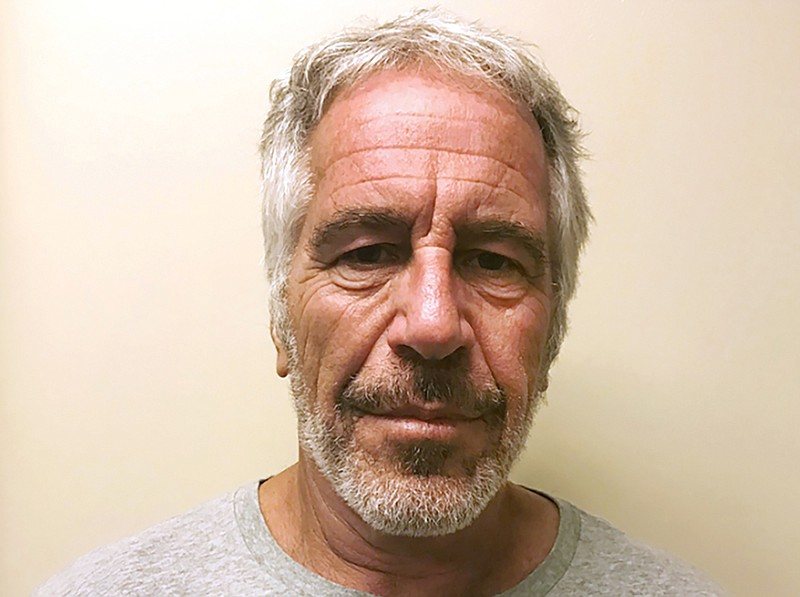WASHINGTON -- A Justice Department report has found that former Labor Secretary Alex Acosta exercised "poor judgment" in handling an investigation into wealthy financier Jeffrey Epstein when he was a top federal prosecutor in Florida. But it also says that he did not engage in professional misconduct.
The report is a culmination of an investigation by the Justice Department's Office of Professional Responsibility into Acosta's handling of a secret plea deal with Epstein, who had been accused of sexually abusing dozens of underage girls.
Though the report faulted Acosta for his judgment, it concluded that his actions in arranging the deal did not constitute misconduct, and that none of the prosecutors involved committed misconduct in their interactions with the victims. The conclusions are likely to disappoint the victims, who have long hoped the internal investigation would hold Justice Department officials accountable for actions the victims say allowed Epstein to escape justice.
Under the 2008 non-prosecution agreement Epstein pleaded guilty to state charges in Florida of soliciting and procuring a minor for prostitution. That allowed him to avert a possible life sentence, instead serving 13 months in a work-release program. He was required to make payments to victims and register as a sex offender.
Epstein was later charged by federal prosecutors in Manhattan, N.Y., for nearly identical allegations in 2019, but he killed himself while in federal custody as he awaited trial.
The investigation centered on two aspects of the Epstein case -- whether prosecutors committed misconduct by resolving the allegations through a non-prosecution agreement, and whether they mishandled interactions with victims.
The report concludes that prosecutors did not commit misconduct in their interactions with the victims because there was no "clear and unambiguous duty" to consult with them before entering into the non-prosecution agreement. But it says the lack of consultation reflected poorly on the Justice Department and "is contradictory to the Department's mission to minimize the frustration and confusion that victims of a crime endure."
The Justice Department's internal probe also concluded that Acosta's "decision to resolve the federal investigation through the [non-prosecution agreement] constitutes poor judgment." Investigators found that although it was within his discretion and did not result from "improper factors," the agreement was nonetheless "a flawed mechanism for satisfying the federal interest that caused the government to open its investigation of Epstein."
The investigation included more than 60 interviews with 60 witnesses and a review of hundreds of thousands of Justice Department records. Office of Professional Responsibility officials identified as subjects of their probe Acosta, three former supervisors in his prosecuting office, as well as an assistant United States attorney involved in the Epstein case.
The report drew immediate condemnation from Sen. Ben Sasse, a Republican from Nebraska, who has questioned Justice Department officials about the plea deal repeatedly.
"Letting a well-connected billionaire get away with child rape and international sex trafficking isn't 'poor judgment' -- it is a disgusting failure. Americans ought to be enraged," Sasse said. "Jeffrey Epstein should be rotting behind bars today, but the Justice Department failed Epstein's victims at every turn."
The report concluded that Acosta had the authority as U.S. attorney "to resolve the case as he deemed necessary and appropriate, as long as his decision was not motivated or influenced by improper factors." The office said its investigation had turned up no evidence that Acosta was swayed by "impermissible considerations, such as Epstein's wealth, status, or associations" and in fact had resisted efforts by defense lawyers to return the case to the state for whatever outcome the state wanted.

